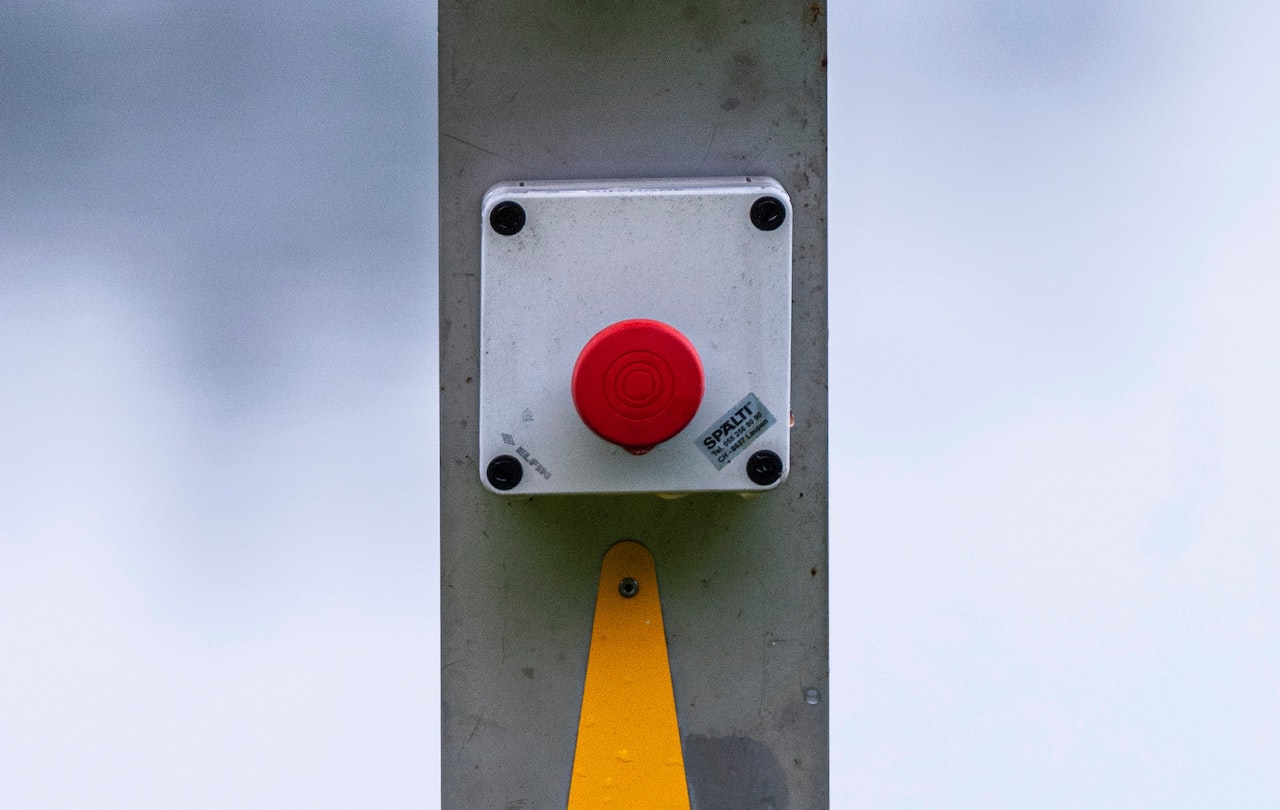The Indian government last week banned 94 digital lending apps that allegedly have links to China. However, it emerged that some popular apps like PayU's LazyPay, which have no Chinese links, were also targeted. This has led to fear in the digital lending industry because anyone could be next. Why does this matter: The fintech and digital lending industries in India are both fast-growing and cater to millions of Indian citizens. They also receive significant amounts of domestic and foreign funding. Any uncertainty could hamper the growth of these industries and reduce confidence in the ecosystem. https://twitter.com/rajeshsawhney/status/1623649348197433344?s=20 What are some of the loan apps that were banned: There is no official list shared by the government and we might never get one because Section 69A of the IT Act, 2000, under which the blocking orders were probably issued, allows the government to keep such orders a secret. However, based on a leaked list, the following well-known apps (and websites) have been banned: Indiabulls Home Loans Kissht Lazypay Faircent Here are a few more names: https://twitter.com/chandrarsrikant/status/1622943405776195588?s=20 Sideloading also targeted: The list also targets certain lending apps hosted on Aptoide, an alternative app store that lets Android users download installation files (APK files) from the browser to install the apps (sideloading), bypassing the traditional Play Store route. Some links appear to target impersonating apps rather than the original: Lending platform mPokket, which seems to appear on the ban list as "mpokket.en.aptoide.com" told Business Standard that the namesake app on Aptoide is a clear case of impersonation. "We suspect that it…






























